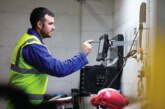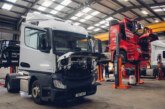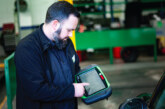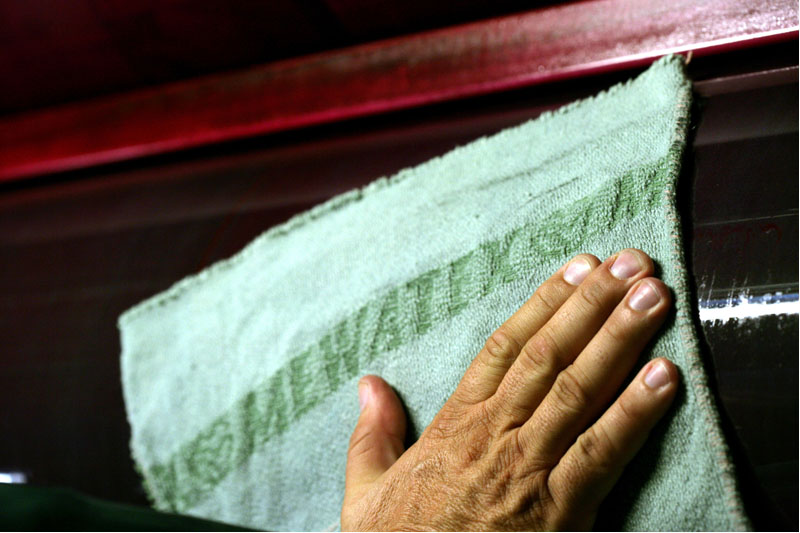
Commercial vehicles are the lynchpin of today’s economic climate. With some half a million operating in the UK alone, each of these vehicles may travel many hundreds of thousands of miles over its lifetime.
However, servicing these vehicles represents a number of unique challenges. For instance, oil is the lifeblood of an engine, and regular changes every several thousand miles are vital to avoid the failure of crank bearings, camshafts and pistons within the engine block. However, alongside mineral or synthetic engine oils, commercial vehicles are also laden with liquids like ATF, EP90, hydraulic and brake fluids, and other fluids like engine coolant, battery acid and even screen wash. All these liquids come with environmental and health and safety hazards.
UK Health and Safety Executive (HSE) guidance notes that dermatitis is common in motor vehicle repair operations and disease rates are up to seven times the average for UK workers. Causes include contact with oils and fuels, and one of the key HSE recommendations is the prompt clean-up of spills to reduce the risks of exposure, as well as other safety hazards like slips and trips.
Traditionally, many motor vehicle repair operations use rags or blue-roll paper for cleaning and mopping up spills. This brings with it penalties in terms of efficiency, cleanliness, and environmental impact. One approach to spills that is gathering traction is the use of third-party suppliers. Such companies deliver high quality wipes and mats which, once used, are collected, laundered and returned to vehicle workshops for reuse.
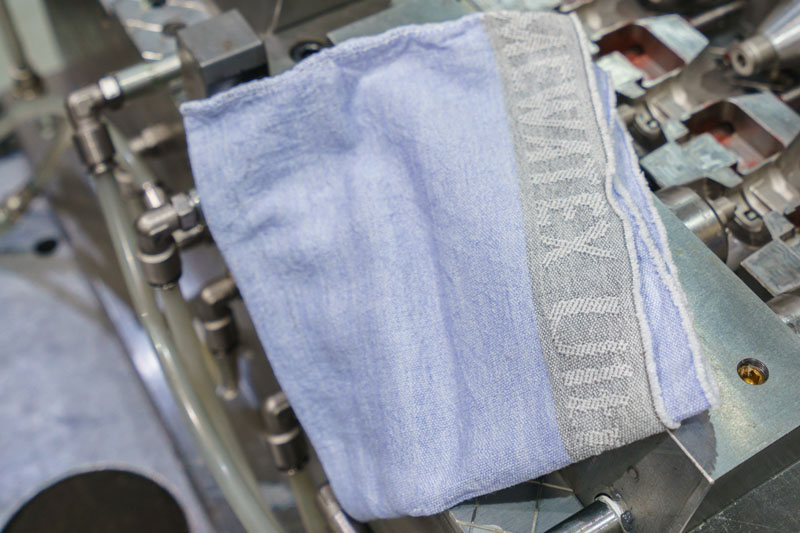
MEWA Textile Management, for example, produces wipes at its factory in Immenhausen, Germany. Certified DIN EN ISO 9001 (Quality Management) and DIN EN ISO 14001 (Environmental Manage-ment) products include cotton MEWATEX wipes. These robust, durable cloths are highly absorbent and soak up large volumes of oil, solvents or grease in short order. Compared to disposable paper rolls, MEWATEX can save vehicle repair operations significant time on cleaning, the company says. MEWA, which started the leasing system for MEWATEX wipes more than 100 years ago, estimates this saving at up to 30%.
Using an end-to-end full-service leasing model also offers a cost-effective and more sustainable alternative to single-use products such as paper. After collection, the reusable industrial wipes and mats are washed and inspected. Using an eco-friendly washing process, MEWA recovers oils from the process which is subsequently used to power the washing process itself. Heat from the washing process is also recovered while effective and environmentally-friendly wastewater treatment is assured.
Users eliminate the need to manage the purchase, delivery logistics, storage and disposal of single-use wipes and cloths, which create unnecessary and often hazardous waste.
Growing in popularity due to their convenience and ability to address spills and stains as they occur, recyclable, rentable industrial cleaning wipes can be far more absorbent than traditional materials, easier and safer to use and, as the supplier takes responsibility for cleaning and replacement, environmentally friendly.
From large fleet operating businesses to small independents, transport logistics companies are looking for fast, reliable and affordable servicing to support their ongoing business. However, today’s servicing regime must also reflect changing environmental concerns and corporate social responsibility demands. Recycling wipes are a small but important part of that story.



